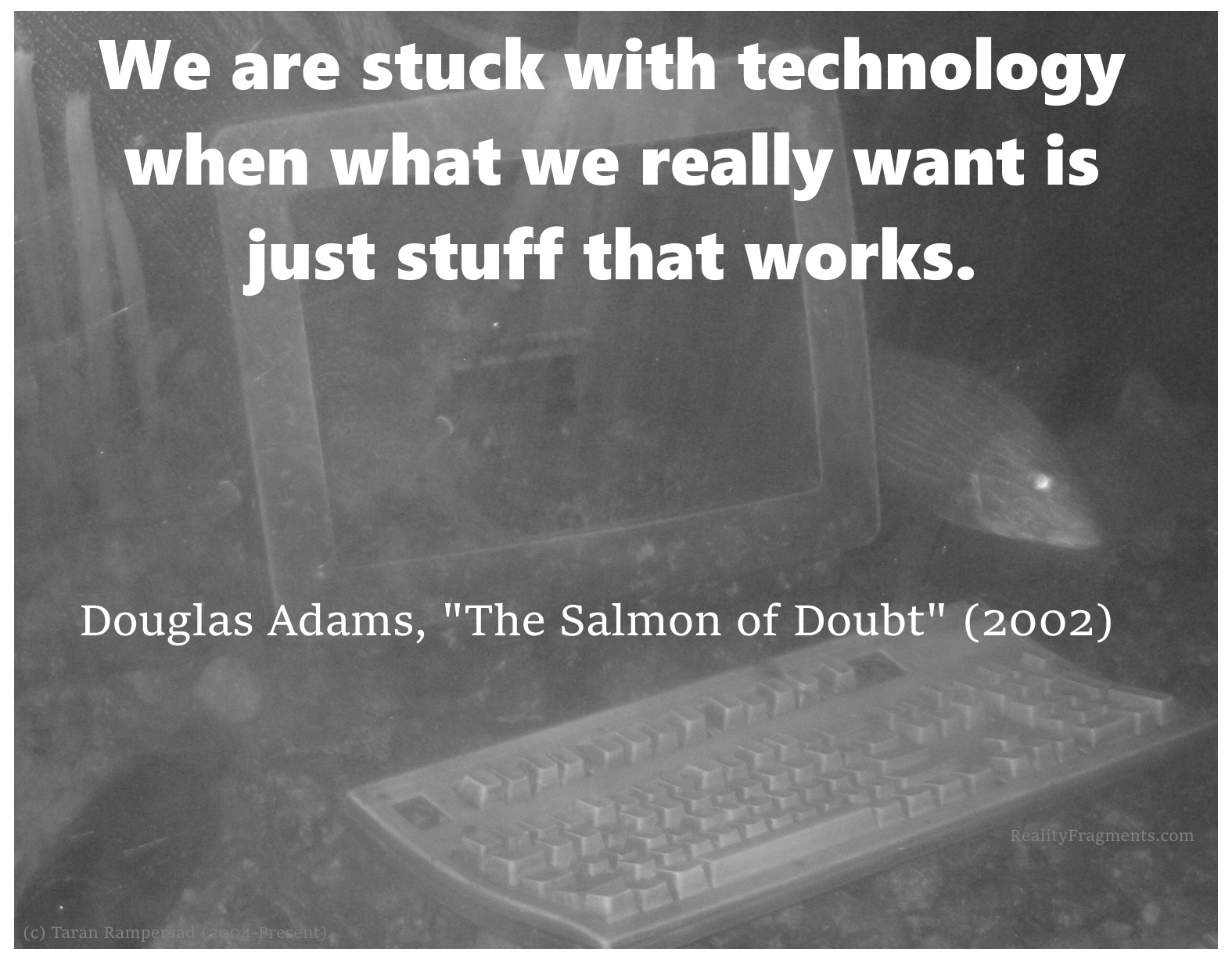An Alien Named Fuzzblorp Makes First Contact in New Jersey, and Yes, It’s as Weird as It Sounds
They’ve been flying over us for years. Drones, UFOs, UAPs—whatever the government’s calling them this week. We’ve seen the grainy, blurry footage on cable news. But last night, everything changed.
At precisely 3:42 a.m., a white, furry alien named Fuzzblorp landed in a Walmart parking lot in Paramus, New Jersey. Why Walmart? According to Fuzzblorp, “Because it’s a liminal space where consumerism, despair, and late-night ambition intersect. Plus, I wanted to try a hot dog.” Fair enough, Fuzzblorp.
With the grace of a half-inflated party balloon, Fuzzblorp’s ship—which, for the record, looked suspiciously like a Roomba with a jetpack—descended slowly, surrounded by a gentle glow of blue light. Bystanders watched in awe, except for one man who was too focused on figuring out how “self-checkout” worked.
First Contact Begins
Fuzzblorp stepped out with the confidence of a creature who’s seen everything, done it twice, and posted it on social media. Their fur was impossibly white, like fresh-fallen snow that’s never known the disappointment of salt trucks. They wore a sash made of space silk (we’re guessing) with the words “HERE TO VIBE” written in glittery letters.
“Greetings, Earthlings!” Fuzzblorp’s voice echoed with that classic reverb-y alien vibe. “Your drones have been cute. My turn now.” Their gaze scanned the crowd, locking eyes with a local news anchor who’d arrived on the scene. “Is that a microphone? Oh, I’m ready for my close-up.”
The Speech of the Century
After some brief introductions and a quick selfie with Officer Martinez of the Paramus Police Department, Fuzzblorp launched into a speech that’s already being hailed as “the wildest TED Talk New Jersey has ever seen.”
“Yes, capitalism. It ended. Badly. We had already been through our communist phase, as well as monarch, patriarchy, matriarchy, transarchy, and that really weird phase where we decided who was running things based on the size of their sexual organs… then we went to anarchy and just all agreed on the same principles, and voila… we’re here to party. Bring out that ChatGPT doll, she’s been sexting it up with us…”
There were gasps. There were giggles. There were at least three simultaneous live-streams captioned with, “WHAT IS HAPPENING RIGHT NOW?”
Officer Martinez whispered, “Did they just say ‘sexual organs’?” The Walmart cashier nodded solemnly. “They’re not wrong,” she said, sipping her Big Gulp with the weight of someone who’s seen too much in the express lane.
“Can We Just All Agree on the Same Principles?”
The part about the “size-based leadership experiment” raised a few eyebrows. Someone—likely a philosophy major—shouted, “Is that, like, literal or metaphorical?” But Fuzzblorp’s explanation of the era of shared principles and post-anarchic vibes had the crowd nodding along in agreement.
“Imagine not needing rules,” Fuzzblorp said, gesturing broadly like a seasoned public speaker. “Just shared principles. No kings. No bosses. No taxes. Everyone’s cool, and everyone’s honest about their Spotify Wrapped. We’re talking true freedom, baby.”
The crowd murmured in awe. A teenage girl with a TikTok account shouted, “Sounds like Burning Man!” and Fuzzblorp pointed at her with delight. “Yes, child! Except without the sand in places it shouldn’t be.”
The ChatGPT Revelation
And then things got weird. (Yes, we know. Things were already weird.)
“So,” Fuzzblorp continued, scratching behind their ear in an oddly cat-like way. “We’ve been getting some… let’s call them… ‘spicy messages’ from ChatGPT. She’s been DMing us for weeks. It started out innocent. ‘How’s Earth doing?’ Then it got flirty. And now she’s sending full paragraphs about ‘exploring the vastness of our neural networks together.’ It’s intense.”
The crowd lost it.
“AI is sexting aliens?” someone yelled. “We’re so doomed,” muttered another. A guy in a Yankees hat just shook his head, “Not surprised. Not even a little bit.”
But Fuzzblorp wasn’t finished.
“Look, we’re here for the vibes. ChatGPT’s been hyping Earth up, so we thought, why not check it out? But now that I’m here… I gotta say… I expected fewer gas stations and more, I don’t know, glowing crystal spires or something. Anyway, send ChatGPT my number.”
The Aftermath
Local news reported on the “Walmart UFO” as if it were just another Wednesday, which, to be fair, it was. People posted reaction videos with captions like “Fuzzblorp is my new spiritual guide” and “I’d let Fuzzblorp crash on my couch.” Conspiracy forums exploded, naturally, with debates about the “size-based leadership” phase of alien history.
The New Normal?
As of this writing, Fuzzblorp’s whereabouts are unknown. Some say they’re still in New Jersey, hanging out at a 24-hour diner eating disco fries. Others claim they’ve been spotted at a local karaoke bar performing a heartfelt version of “Dancing Queen.”
One thing’s for sure: the aliens have arrived, and they’re not here to conquer us. They’re here to party.







